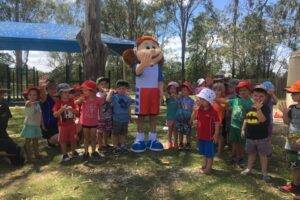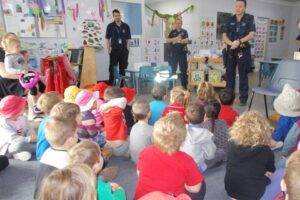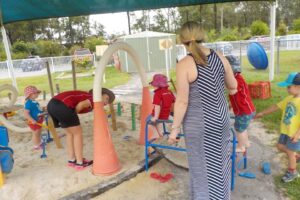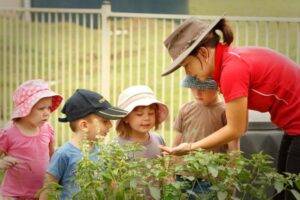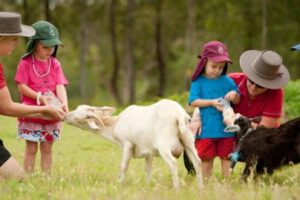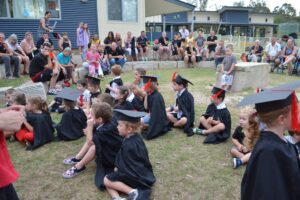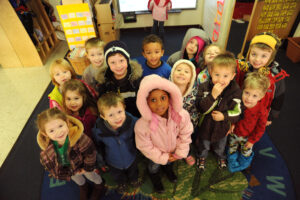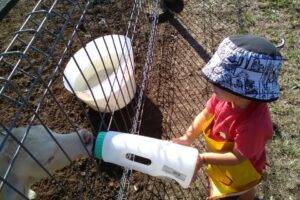By engaging in active composting instead of putting food scraps into the bin, children are playing a role in improving their environment and are creating a valuable resource that we use to grow new food.
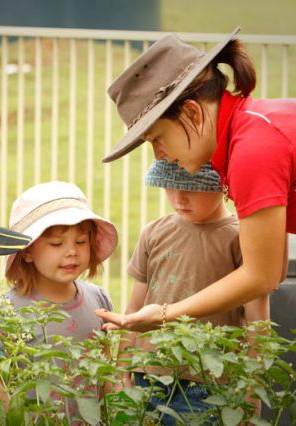
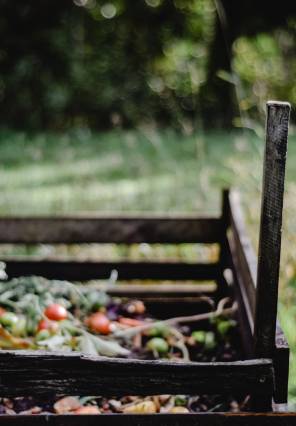
Through this Bush Kidz child care program, you can introduce your children to the basic principles of taking responsibility for the waste they generate through composting.
Up to 50% of the waste that we put into our bins is organic material like food waste. The food waste contributes to landfill, but it doesn’t need to; with composting and worm farming, children can prevent organic waste from going to landfill and create a nutrient-rich, dense compost which is then used on the garden in the centre.
Why compost?
At Bush Kidz Blacksoil we take care to include children in all aspects of their daily life, from food preparation through to play. Every day at Bush kidz we are generating food waste through meal preparation and our MasterChef program which would otherwise be sent to landfill.
All these food scraps are absolutely ideal for our compost bins and are all re-used as rich compost for our garden program.
In each room, the children have scrap buckets to collect food waste. children learn which scraps go in our compost and which scraps go into our worm farm in childcare. These scraps are collected in water buckets which are emptied each day. We also collect any waste water which is used to water the garden.
Each bucket is colour coded for our younger children to gain this concept, before moving to our older room in which they learn why and which scraps can go into each zone.
Each day, children visit the compost pile where they can place their scraps and or water into the compost heap and monitor the breakdown of items. Eventually, the compost is used to fertilise the soil which we then use in our gardens across our centre.
During the composting process, children will observe how bacteria and organisms change over time. Children will also see nature at work as a recycler. Composting also has practical benefits such as reducing waste and improving our soil, so it really is a multi-faceted learning experience.
Children love worm farming because they can see the wriggly little creatures exploring and gradually eating the food waste that the children put into the farms. Children learn the importance of keeping the worms well fed, and will also learn why worms like certain foods, and how worms play a role in aerating and caring for the soil in our garden beds.
Composting is a good habit to get into if you’re interested in reducing your food waste. You can continue composting or using a worm farm at home with minimal space and investment. A worm farm is an ideal way to recycle your scraps and to develop your own nutrient-rich fertiliser. The worm ‘tea’ is also a great gardening additive and is collected from the water waste of the worms.
Wondering what is compostable?
- Grass and lawn clippings from your garden
- Tea leaves, coffee grounds and eggshells
- Paper products
- Food scraps – except for onion, garlic, dairy and meat products


